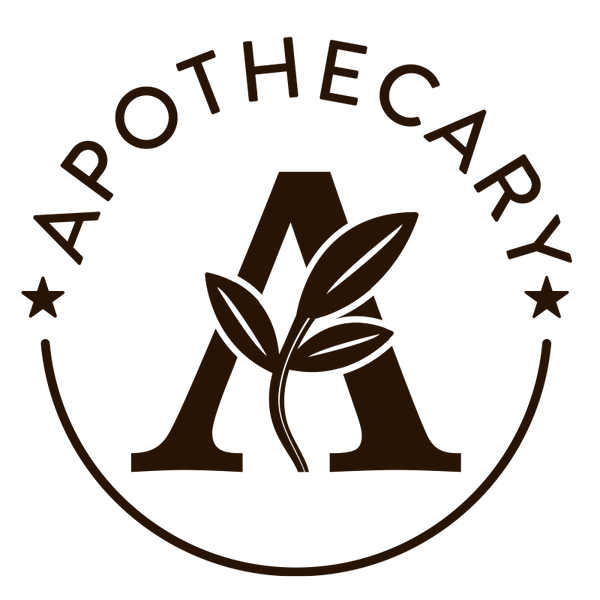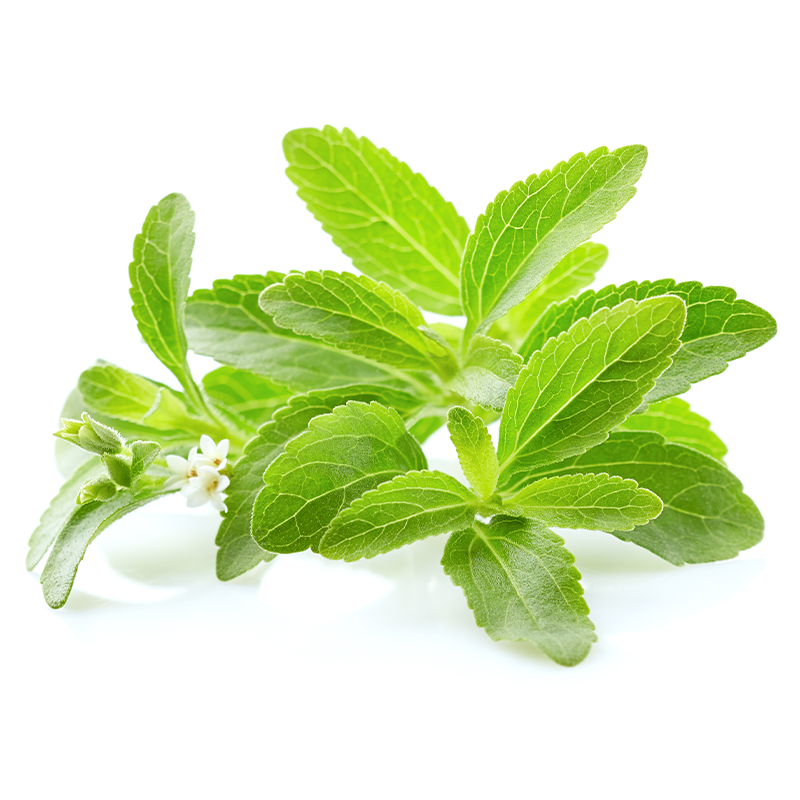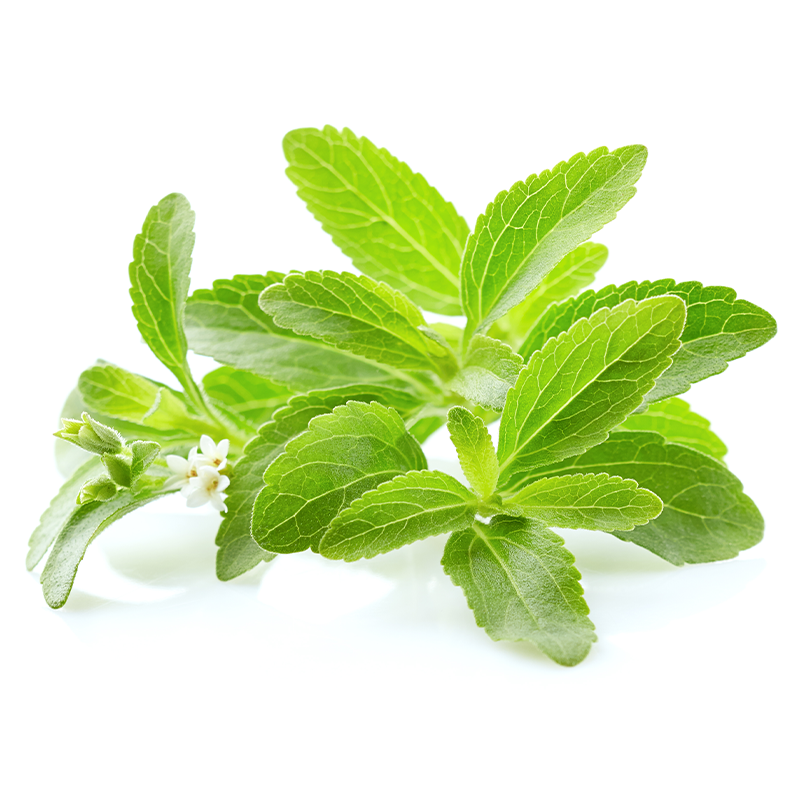Sweeten Naturally with the Herbal Sweetener Stevia
Stevia (Stevia rebaudiana), known for its delightful taste, has been used for centuries by the Guarani Tribe and is now cultivated worldwide. This natural sweetener is a great addition to tea and herbal creations, offering a calorie-free sweetness.
Its popularity has grown in recent years as a healthy alternative to sugar, suitable for those monitoring their sugar intake.
More about Stevia
Stevia, with the Latin name Stevia rebaudiana, is a natural sweetener that has gained prominence in apothecaries, health stores, and kitchens worldwide. Its leaves contain steviol glycosides, including stevioside and rebaudioside A, which are responsible for its intense sweetness. Stevia is known for being calorie-free and having a glycemic index of zero, making it an ideal sugar substitute for diabetic diets and weight-control regimens.
However, its flavor profile is unique, characterized by an extremely sweet taste that can have a slight bitterness or a licorice-like aftertaste, varying among different extracts and preparations.
Originating from Paraguay and Brazil, Stevia has a long history of use as a sweetener and medicinal herb in many cultures. Today, its cultivation and use have spread globally, appealing to those seeking natural alternatives to sugar. Stevia stands out for its natural sweetness without the caloric content of sugar, making it a popular ingredient in a wide range of food and beverage products.
Know Your Ingredient: Stevia
| Latin Name | Stevia rebaudiana |
| Active Ingredients | Steviol glycosides (including stevioside, rebaudioside A, rebaudioside C), phenolics, flavonoids |
| Classification Secondary Metabolite | Glycosides, Phenolics, Flavonoids |
| Flavor | Extremely sweet, sometimes with a slight bitterness or licorice-like aftertaste |
| Common Use | Natural sweetener in foods and beverages, sugar substitute, used in diabetic and weight-control diets |
| Origin | Native to Paraguay and Brazil, cultivated globally |


